Best Strategies to Teach Math Effectively
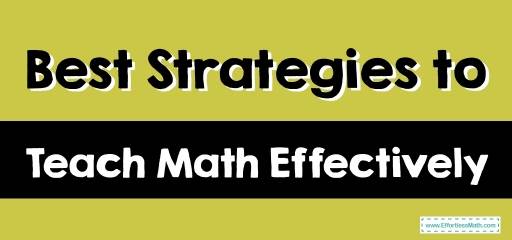
Teaching math is a difficult job, and you’re often dealing with students that do not want to be there and find math to be their least favorite subject. Therefore, it’s important to have strategies in teaching math that will keep your students focused, engaged, and learning to their full potential.
As a math teacher, you’ll want to review our five essential strategies in teaching math to keep your students happy and doing well and so that you can have a more rewarding teaching experience in your math class.
5 Essential Math Teaching Strategies
1- Adapt to your students
Some teachers create lesson plans and never deviate from them. You have a plan, and you are going to push through it no matter what. It’s important to remember that you’re not talking math; you’re teaching math.
Ensure that you have a plan for your lessons, but be adaptable to your students, make sure there is a full understanding, and that all students have an opportunity to learn the subject. That may require slowing down or covering topics for additional time.
Continuously ask questions to test understanding and even break students into smaller groups to cover different topics as required.
2- Incorporate fun games into your teaching
Interaction during class is a great way to keep students engaged and learning more effectively. If you can get your students to use the math that you’re currently teaching, then it will be better understood and stored by them.
You can make them interact by having discussions or running tests, but a more fun way can be to incorporate math games into the class. It’s a similar approach as a test, but it’s a way to make it more enjoyable for the students.
3- Build a reward system
While you don’t want to rank students as that can harm the students not doing as well, you can incorporate a reward system into your system, whether that’s team activities during games or sticks and awards for completing specific tasks.
Find a way to reward students for being active participants, even something as simple as a sticker board for kids that complete homework every day without fail.
You will want to keep an eye on students who aren’t earning rewards or doing well. You can discuss with them independently to see what issues they may be facing.
4- Use real-life in your classroom
When testing or discussing topics in your classroom, try to use real-life examples. This will engage your students more and show that math is important and required for their day-to-day life. For example, don’t just ask how to find the area of a circle; make the circle a real thing they have to determine and have a reason they need the calculation.
Try to determine student interests and see how those interests can be involved in your examples. You can even give options that students can vote on and pick for what you’ll be doing.
5- Offer choices
Different students will want different choices in how they learn and what kind of topics are being discussed. Make students active participants in a class by allowing them to pick areas discussed or even what kind of tests are being used.
You could work on projects, timed exercises, or even offer different, more interesting examples to each class. Perhaps you have students more interested in building, so use building examples as a more interesting subject matter for your examples and problems.
Final Thoughts
Every class and every student is different. The most effective strategy will be discussing and understanding what you can do to make math class better for your students. Being adaptable and willing to talk to your students will be crucial in having a good relationship with them to teach effectively.
Related to This Article
More math articles
- ISEE Upper-Level Math Formulas
- 5 Tips on How to Score Higher on SAT Math
- FREE 5th Grade PARCC Math Practice Test
- The Best ASTB Math Worksheets: FREE & Printable
- Top 10 Tips You MUST Know to Retake the TExES Math Test
- Full-Length 7th Grade Common Core Math Practice Test-Answers and Explanations
- How Does the Process of Renting Books from Online Bookstores Work? A Guide for Students
- How to Graph Absolute Value Inequalities?
- Perimeters and Areas of Rectangles
- 3rd Grade MCAS Math FREE Sample Practice Questions
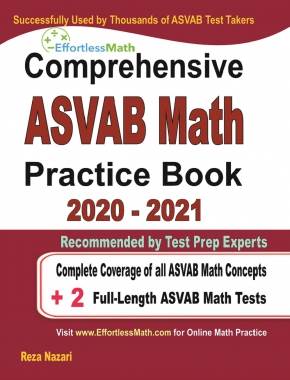
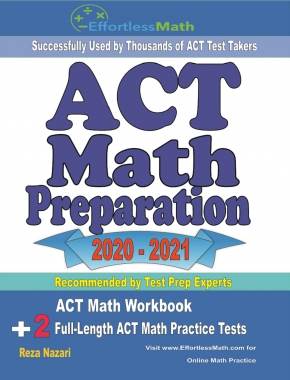
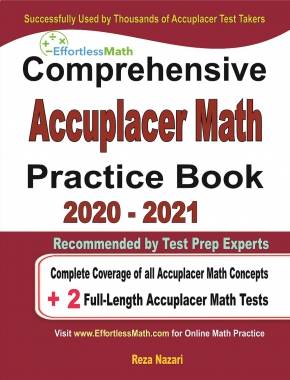
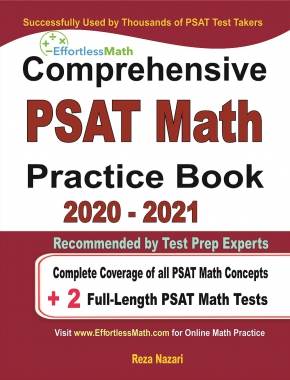
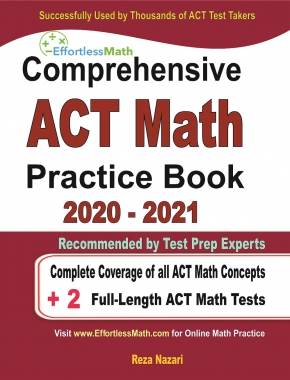
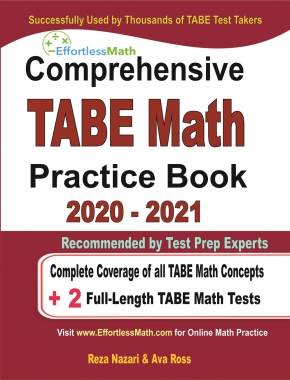
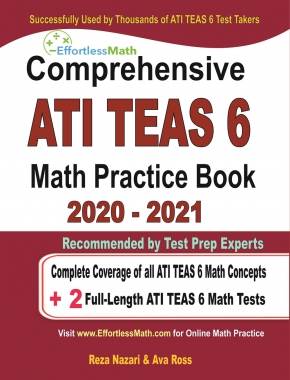
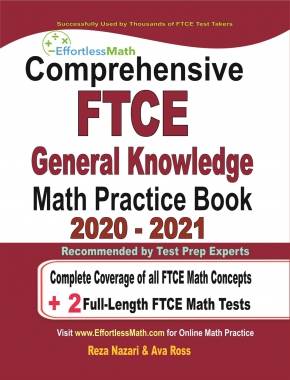
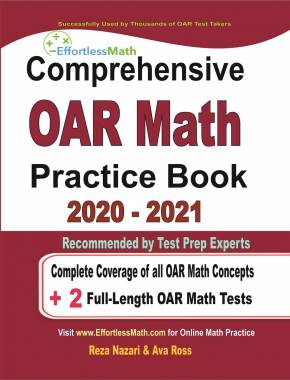
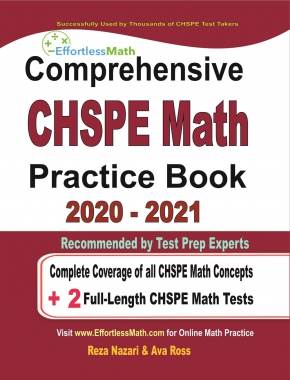
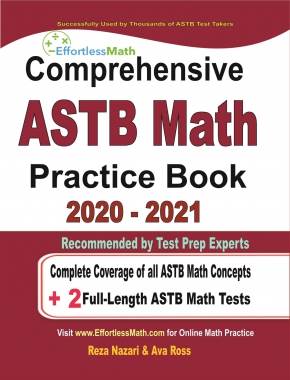
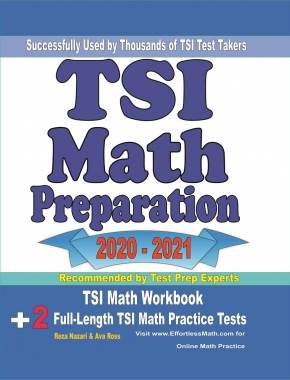
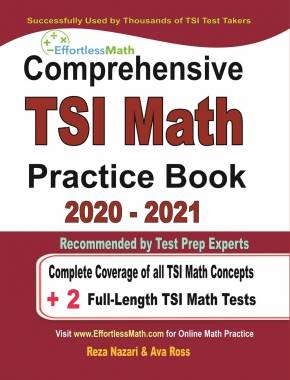
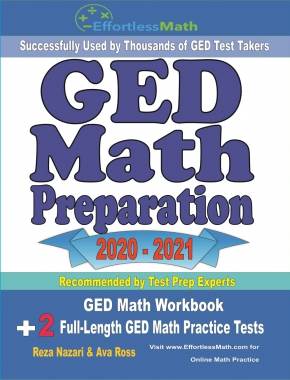
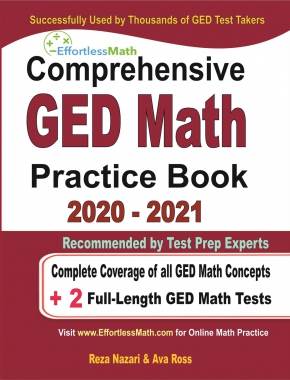

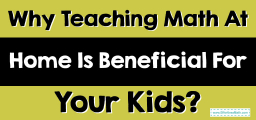
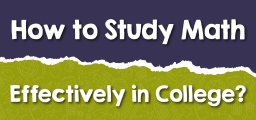
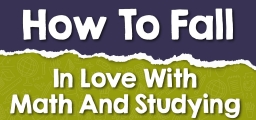
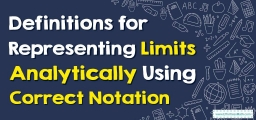
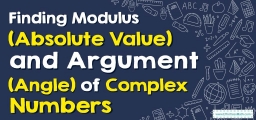
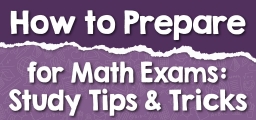

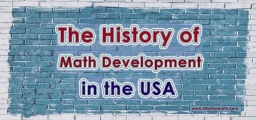

What people say about "Best Strategies to Teach Math Effectively - Effortless Math: We Help Students Learn to LOVE Mathematics"?
No one replied yet.